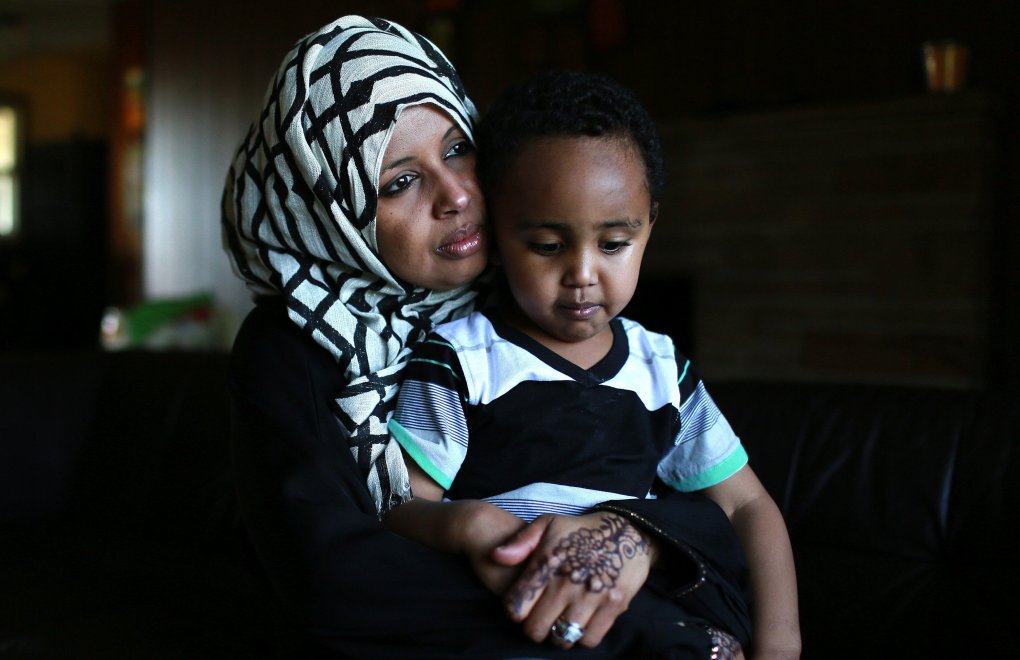
Tuesday March 3, 2014

Kadija Hussein, 34, owner of a Tukwila day care, holds son Ayyub Osmond, 3, one of her four children. She and her husband, a Port of Seattle truck driver, send about $500 a month back to family in Somalia, helping keep relatives’ children in school, food on the table and roofs over their heads. “In Somalia, there are no jobs,” Hussein said.
There is more to Somalia than war, looting and piracy. I grew up in an area that hosts one of the largest Somali communities in the country. I used to enjoy going to “Somali Town” near Sea-Tac airport for an espresso and chat. The coffee was always better than Starbucks and the conversations enlightening.
newisnsideI learned how hardworking and hopeful Somalis are and how much they sacrifice — not only to support their families here in America but back home in Somalia. Eighty percent of Somalis rely on cash transfers (remittances) from Somali refugees and émigrés abroad for their survival, depending on this assistance for basic things like food and shelter.
Remittances are a collective solution to the destructive forces of war and famine that have ravaged the country for decades. But now this lifeline is under threat as banks, under pressure from tightening U.S. anti-terrorism regulations, are cutting off these transfers. However, this policy will surely have the opposite effect, jeopardizing Somalia’s rebuilding efforts and heightening an already desperate situation, driving more people into the arms of terrorist groups.
Cutting off remittances is not a minor inconvenience for the people of Somalia; it is a matter of life and death. Deepening the suffering and hardship of millions of innocent people still contending with immense humanitarian challenges as a precautionary measure against an enemy as nebulous as “terrorists” is not sound policy. It is not a solution.